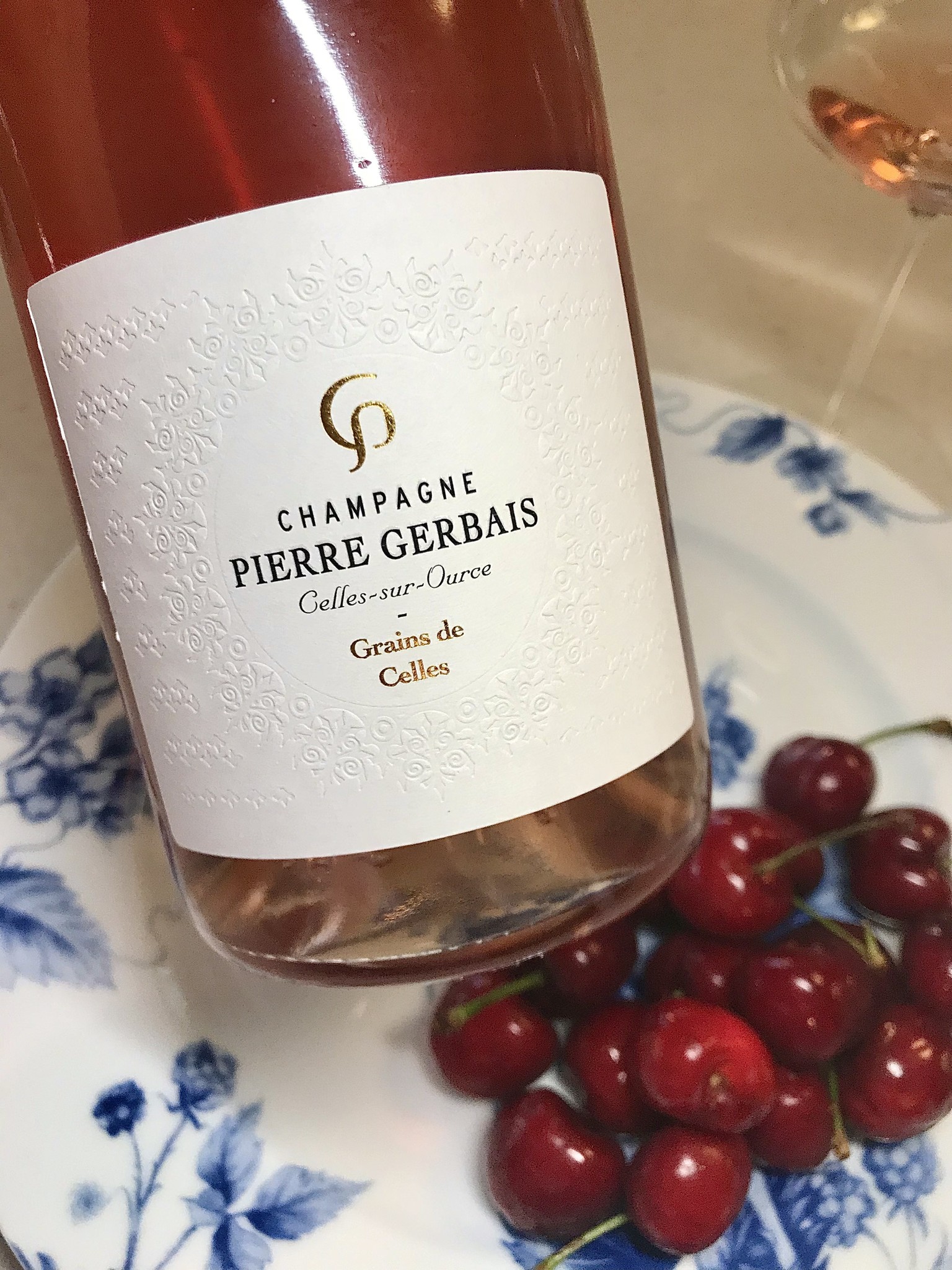Wine Tasting 101
- Posted on
- By Yoko
- 0

“The best way is to go out & start smelling & tasting everything you can get your hands on. And think & use your words to describe what you discover.”
“The best way is to go out & start smelling & tasting everything you can get your hands on. And think & use your words to describe what you discover.”
Despite wearing perfume is a « BiG NO NO » we learn in wine tasting 101, I accidentally landed a part-time perfume job while looking for my 1st wine job a long time ago. Coincidentally my wine teacher & perfume boss both gave me the same advice when I asked how I could improve my skill. Since then, I have become that suspicious person who smells & contemplates an artichoke, gets allured by the fragrant scent of bright red strawberries & wanders into the wild forest after rain with a pack of earthy mushrooms in the middle of a supermarket.
I used to think wine professionals like sommeliers & those who work with perfumes are born with an exceptional nose sensitivity & super talent for smelling. While some people are born with these gifts, books on wine tasting & perfume explain one’s ability to smell & taste largely depends on training. For example, a research team at the Rockefeller University in New York reports that the human nose can distinguish at least one trillion different odors! And this kind of information inspires me to keep learning to smell & taste anything I can get my nose on.
And summer is a perfect time to practice as fresh fruits, vegetables & flowers of vivid colors attract our eyes while they intrigue our noses with a big splash of seasonal fragrances on store shelves & farmers’ markets. One of my favorite practices is to get peaches, plums, cherries, or berries of different kinds & shades to spend time tasting & describing the differences. Unlike the tasting part, the describing part is not always easy, but that is the point of this practice. And a glass of Champagne or wine as a tasting companion makes this practice extra fun & enjoyable.
Wine tasting is subject to personal taste & we all process smell/taste differently because we are all different physically, psychologically & emotionally. But learning to smell/taste & keep building tasting vocabulary helps us communicate better & appreciate wines more because that is how we express what we like & learn what others like in a glass.
One trillion odors is a lot to learn, but the more we learn, the more exciting wine becomes. So it’s time to go out & start smelling & tasting everything, even an artichoke in a supermarket!
Comments
Be the first to comment...